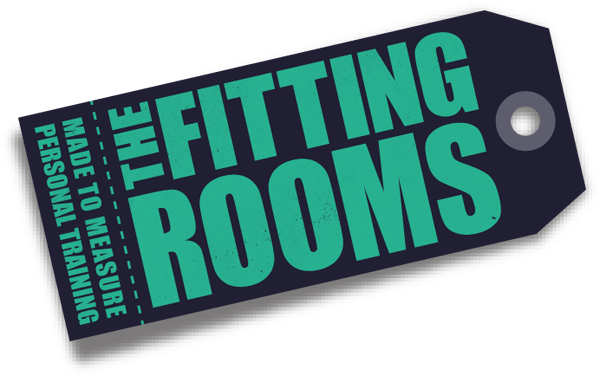Understanding Macronutrients and Micronutrients
The nutrients that our bodies need to function on a daily basis can be broken down into macronutrients and micronutrients. Here we discuss the difference between the two types of nutrients, how they are used by the body and how we can include them all in our diet.
Macronutrients: Carbohydrates, Protein & Fat
Macronutrients are the three main nutrients that our bodies need in large quantities to provide energy and assist with its everyday functioning; they are proteins, carbohydrates and fats.
Proteins: are used for the building and development of our muscles and make up some of our body’s other structures such as our tissues, skin and hair. They’re not used as a direct source of energy, like carbs, but are instead vital for our recovery. Proteins are made up of amino acids and we need protein containing all 9 essential aminos to function. Meat, fish, dairy, eggs, soy and quinoa are all complete sources of protein, but other plant sources can also be combined to ensure that vegetarians and vegans still get all the right nutrients.
Carbohydrates: are our main energy source which the body easily breaks down into glucose, which our brain and muscles use to function. Carbs can come from both healthy and unhealthy sources in the form of sugars, fibres and starches. The healthiest sources of carbs are unprocessed foods such as grains, fruits, vegetables, and beans. Unhealthy sources are generally heavily processed such as white bread, cakes and sugary drinks which tend to release energy faster and can cause weight gain and health issues such as diabetes and heart disease.
Fats: come in two forms in foods – saturated and unsaturated. Our body only needs unsaturated fats, which help to regulate our metabolism, improve blood flow, and promote growth and regeneration in our cells. They’re also really important alongside our micronutrients as some essential vitamins (A, D and E) are only absorbed by the body when taken with fats. Saturated fats are found in fatty meat, butter and pastries and are linked to increases in bad cholesterol and an increased risk of heart disease.
Micronutrients: Vitamins & Minerals
Micronutrients are the other nutrients that our body needs in smaller quantities, they’re made up of vitamins and minerals. Vitamins are organic and can denature and become ineffective when cooked or exposed to air, so it can be a bit harder to get them in your diet, which is why many choose to take extra supplementation. Minerals are inorganic and this means that our body can absorb them from the soil and water our food has come from. Micronutrients are vital for the healthy functioning of the body and immune system, so it’s important to eat a wide range of healthy foods to get a balance of vitamins and minerals and prevent illness.








Leave A Comment